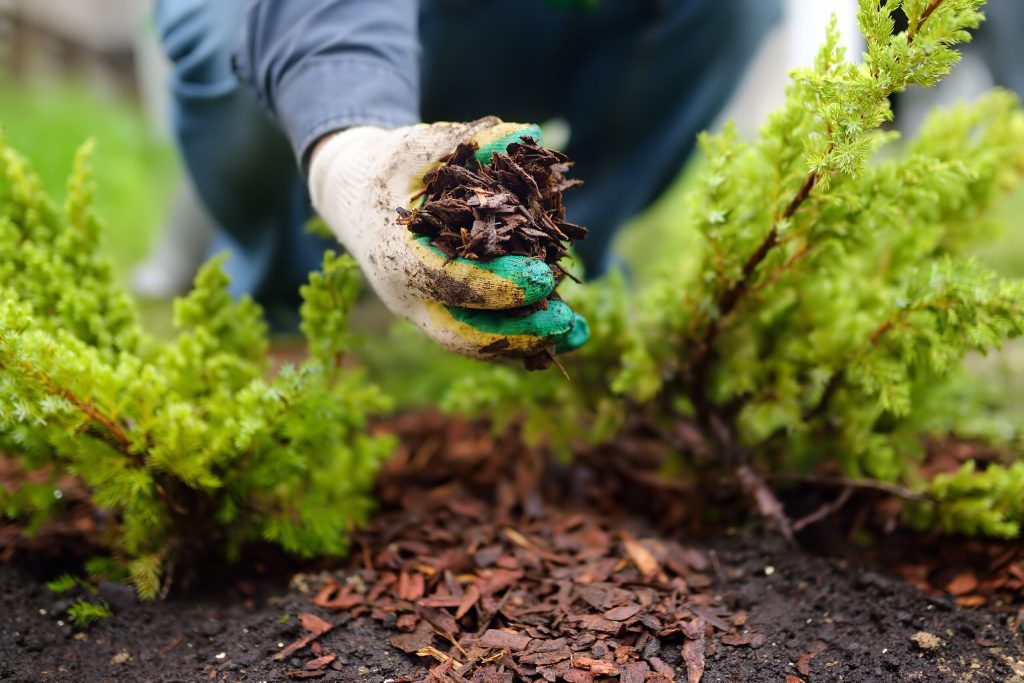
Pine wood bark is a versatile natural material that has been widely used across industries, from gardening and landscaping to health and wellness. Known for its unique texture, earthy aroma, and nutrient-rich composition, pine bark offers more than just aesthetic appeal. For enthusiasts who appreciate natural and sustainable products, pine bark represents both functionality and environmental value.
Characteristics of Pine Wood Bark
Pine wood bark stands out due to its distinct properties that make it suitable for various applications. Some key characteristics include:
- Durability: Resistant to decomposition compared to other organic mulches.
- Moisture Retention: Helps maintain soil hydration by reducing evaporation.
- Natural Insulation: Protects plants from temperature fluctuations.
- Rich in Antioxidants: Certain extracts from pine bark are valued in wellness and health industries.
These qualities explain why pine wood bark is highly sought after by gardeners, landscapers, and natural product enthusiasts.
Applications in Gardening and Landscaping
One of the most popular uses of pine wood bark is in gardening and landscaping. It serves multiple functions:
- Mulching: Pine bark is often spread over soil surfaces to retain moisture, suppress weeds, and improve soil fertility.
- Soil Improvement: As it decomposes, it enriches soil with organic matter.
- Erosion Control: Useful in sloped areas, pine bark prevents soil runoff during heavy rain.
- Decorative Ground Cover: Enhances the appearance of gardens and pathways with its natural look.
Gardeners prefer pine bark mulch because it is long-lasting and provides a clean, attractive finish to garden beds.

Pine Bark in Health and Wellness
Beyond landscaping, pine wood bark has gained attention in the health industry. Extracts from pine bark are known to contain powerful antioxidants, particularly proanthocyanidins. These compounds are associated with:
- Supporting cardiovascular health.
- Improving circulation and reducing inflammation.
- Enhancing skin health and anti-aging benefits.
- Boosting immune system function.
Many supplements and skincare products incorporate pine bark extract due to its natural protective properties.
Industrial and Commercial Uses
Apart from personal and garden use, pine bark plays a role in various industries:
- Biofuel: Processed pine bark can be converted into energy sources.
- Animal Bedding: Provides a natural and absorbent bedding option.
- Composting Material: Mixed with other organic matter to create nutrient-rich compost.
- Construction Fillers: Sometimes used in particleboard and other engineered wood products.
The adaptability of pine wood bark makes it valuable in both small-scale and industrial applications.
Sustainability and Environmental Benefits
Using pine wood bark also contributes to sustainability. Since it is a byproduct of the timber industry, utilizing pine bark reduces waste and supports eco-friendly practices. Additionally, it helps:
- Improve soil health naturally.
- Reduce reliance on synthetic chemicals in gardening.
- Provide an alternative to non-renewable mulching materials.
For eco-conscious enthusiasts, pine bark is an ideal choice that aligns with sustainable living.

Conclusion
Pine wood bark is more than just tree covering—it is a multifunctional material with uses in gardening, health, industry, and sustainability. From its role as mulch in landscaping to its antioxidant-rich extracts in wellness, pine bark continues to prove its value across different fields.
For pine bark enthusiasts, this natural resource represents not only beauty and practicality but also an opportunity to embrace eco-friendly solutions in everyday life.
FAQ about Pine Wood Bark
1. What is pine wood bark mainly used for?
It is commonly used for mulching, soil improvement, landscaping, and as an ingredient in health supplements.
2. Is pine bark safe for garden use?
Yes, it is safe and beneficial, helping retain soil moisture, regulate temperature, and suppress weeds.
3. Does pine bark change soil acidity?
Pine bark is slightly acidic, which can benefit acid-loving plants like azaleas and blueberries.
4. Can pine wood bark be used indoors?
Yes, it can be used in potted plants, terrariums, and even as decorative material in floral arrangements.
5. What health benefits does pine bark extract offer?
It supports heart health, circulation, skin care, and overall antioxidant protection.
6. How long does pine bark mulch last?
It decomposes slowly, often lasting 1–3 years depending on climate and usage.
7. Is pine bark environmentally friendly?
Yes, since it is a timber byproduct, using pine bark reduces waste and promotes sustainability.
If you are interested to finding out more information about pine bark, you can visit our website at www.indonesiapinebark.com. You can also click on the WhatsApp link (+62)81929391980 (Ms. Mala) to connect directly with our team.
